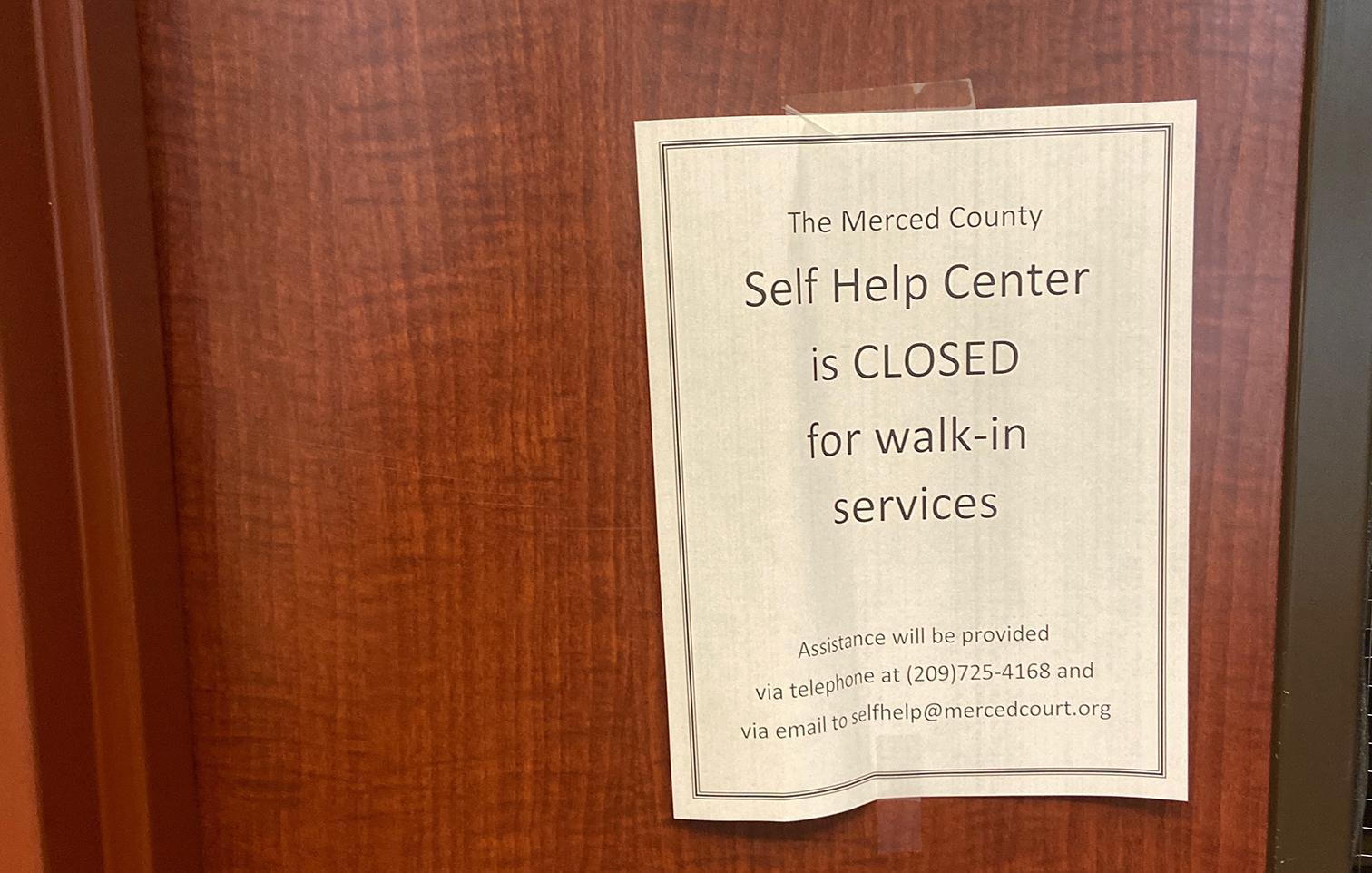Our AFSCME Local 1 sisters and brothers are calling out the Merced County Superior Court system for alleged nepotism, following the sudden closure of a non-union department during the COVID-19 pandemic.
Since the start of the health crisis, the Self Help Division, which provides paralegal assistance for landlord, domestic violence and other small claims cases, has been closed to the public and the workers have been allowed to work remotely.
That department also happens to be the place where the presiding judge’s daughter works, which is why our members have decided to take action. While they and other essential workers have been required to come into work and risk their health and the safety of the community, a select group of workers—who don’t belong to a union—have seemingly been kept out of harm’s way.
It’s another example of leaders making decisions to protect themselves from the potentially harmful effects of the health crisis while disregarding the sacrifices that working people have been making on the frontlines.
“What’s so disturbing is that, even though we’ve all been going through this COVID-19 stuff, they keep telling us that the risk of workers getting exposed to the virus is very minimal,” said Tiffany Olson, a court processing clerk and Local 1 member who works in the traffic division.
To date, at least three people have tested positive for COVID-19 in the court system, Olson said.
Since the pandemic started earlier this year, court management decided to allow workers in the Self Help Division and upper management to work remotely, and most have done so, according to our Local 1 members who work there. In addition, judges and court commissioners have also taken advantage of the opportunity to work remotely.
Court workers on the frontlines, on the other hand, were told to wear masks, use hand sanitizer, practice social distancing and continue working their normal hours in their departments to handle the community’s everyday court matters in person—even though many government buildings throughout California remain closed to the public.
Court management has since shortened the hours that courts remain open to the public. But our Local 1 sisters and brothers are still questioning why one department has been protected when workers at all the court departments deal directly with the public on a daily basis.
"The most important thing to understand is that, when your job requires you to interact with people face-to-face on a daily basis, it's a health and safety concern for everyone,” said Ruth Gallagher, the Local 1 unit president for the Merced County Superior Court system. “That's why decisions about work need to be made with everyone in mind, not just a select group of people."
Members recently signed a petition calling for the court system to implement a schedule change as a solution to the health and safety risks posed by leaving the courts open. During such a schedule change, offices would be closed and all regular employees would continue to receive full pay as if each day was a paid holiday.
In the petition, they stressed that closing the courts is not just about protecting their own health but also about making sure the coronavirus doesn’t spread to people serving jury duty and others in the community who might have important legal matters to resolve.
In a letter to our union, court management said they won’t be closing the courts anytime soon. But, shortly after our members signed the petition, the court system adopted a telecommuting policy that allows frontline employees to work from home on a case by case basis.
None of our members have been able to take advantage of the new telecommuting policy yet.
“At the end of day, we just want them to treat everybody the same,” Olson said.

